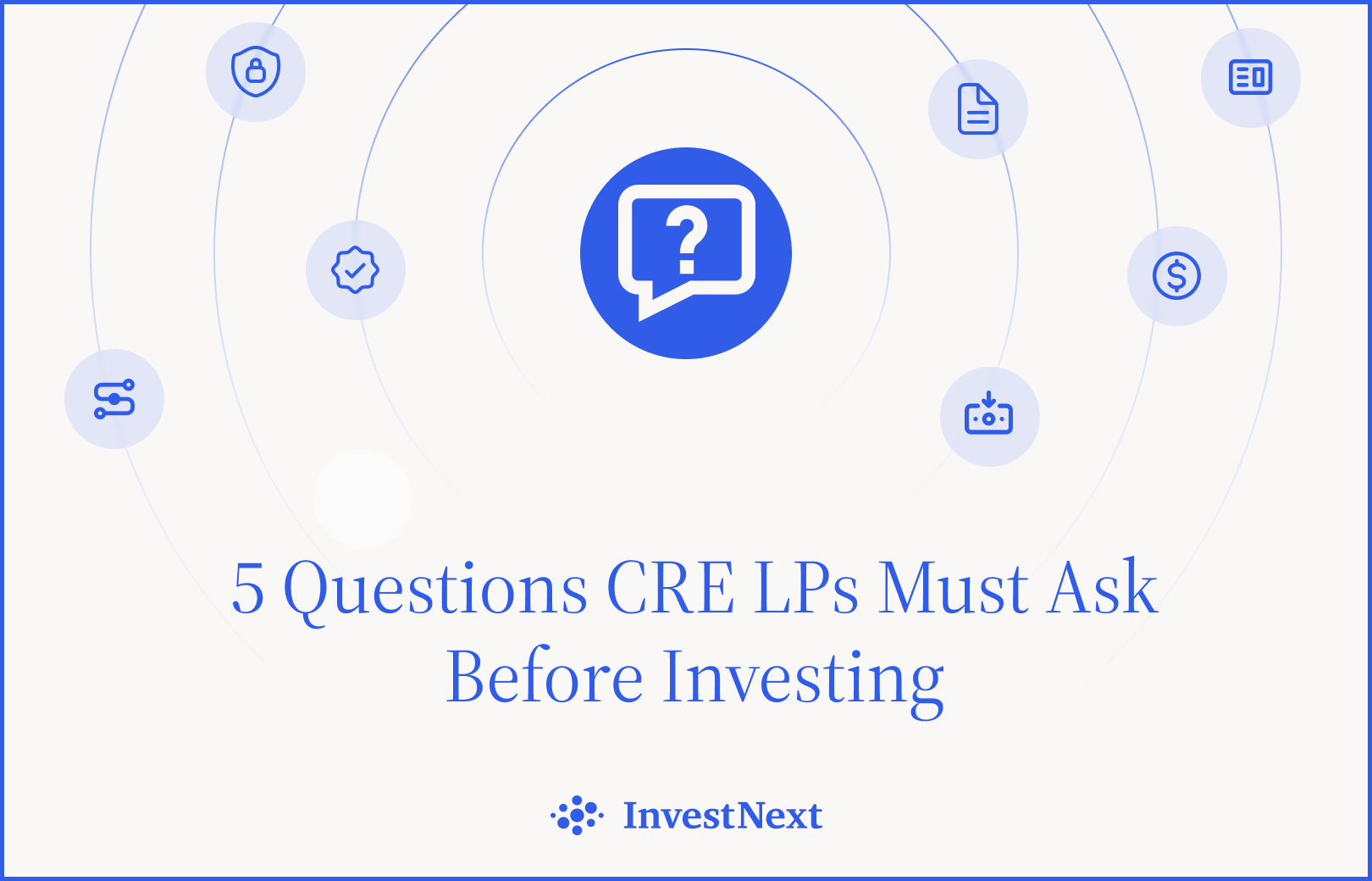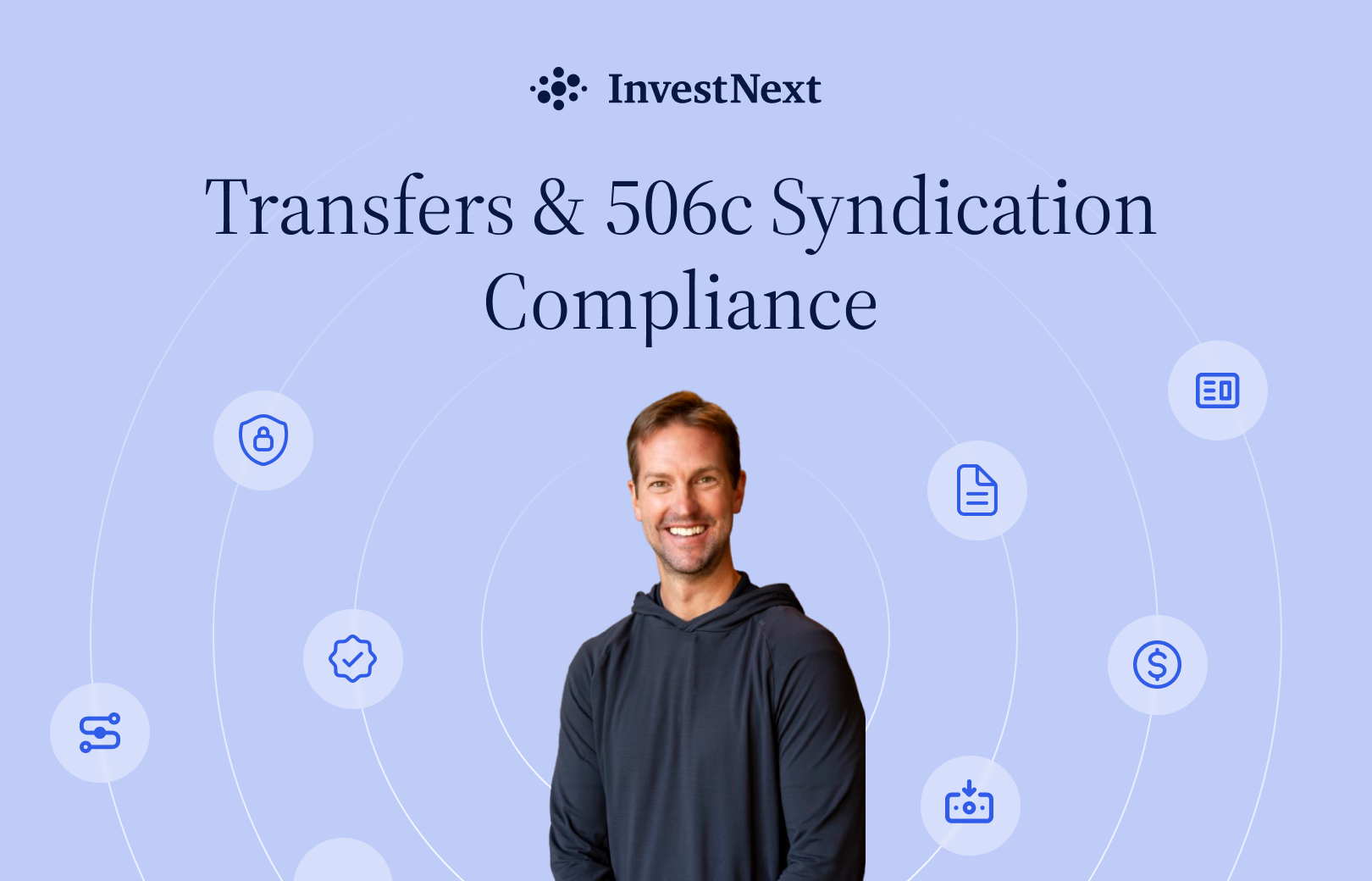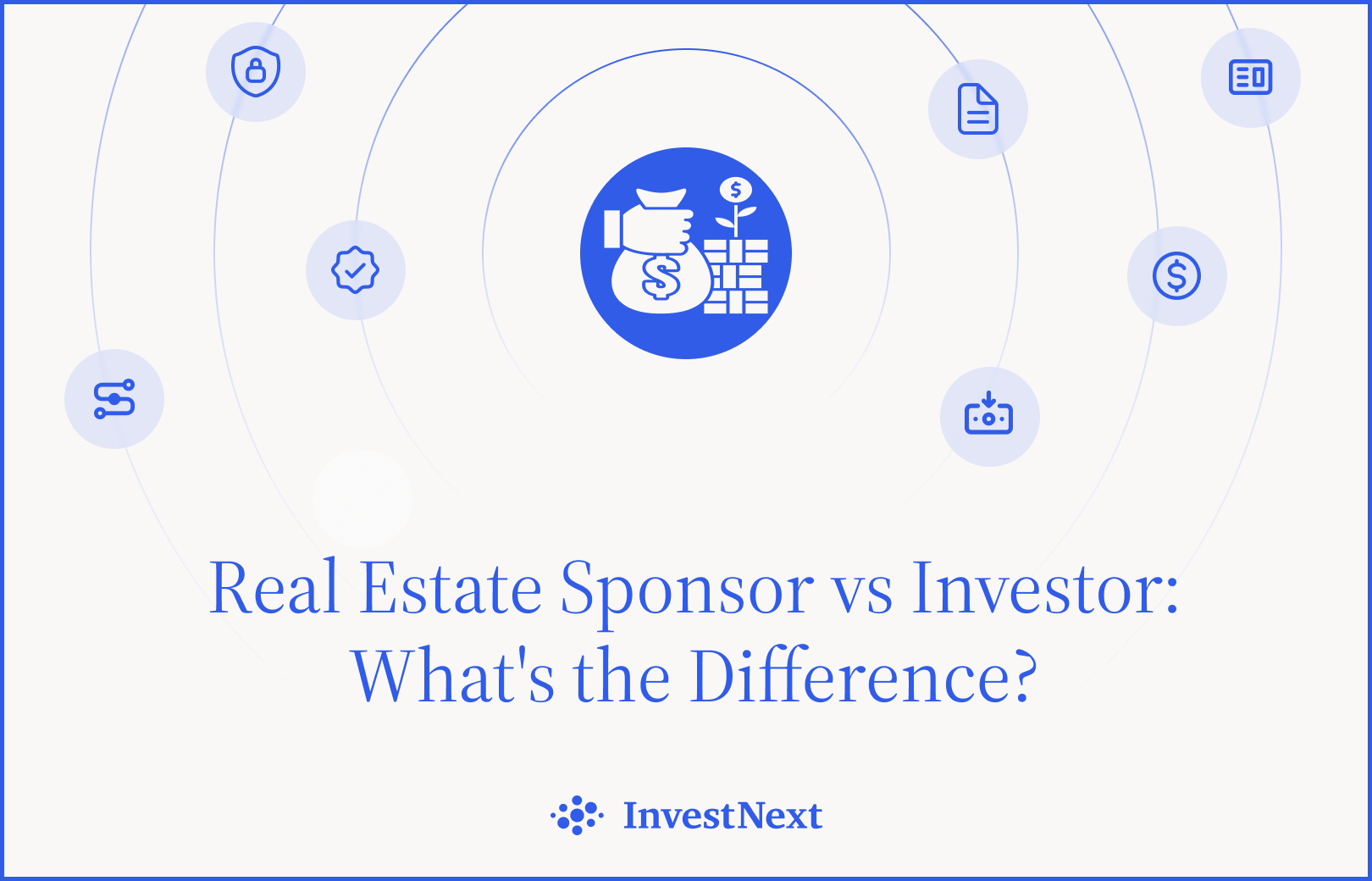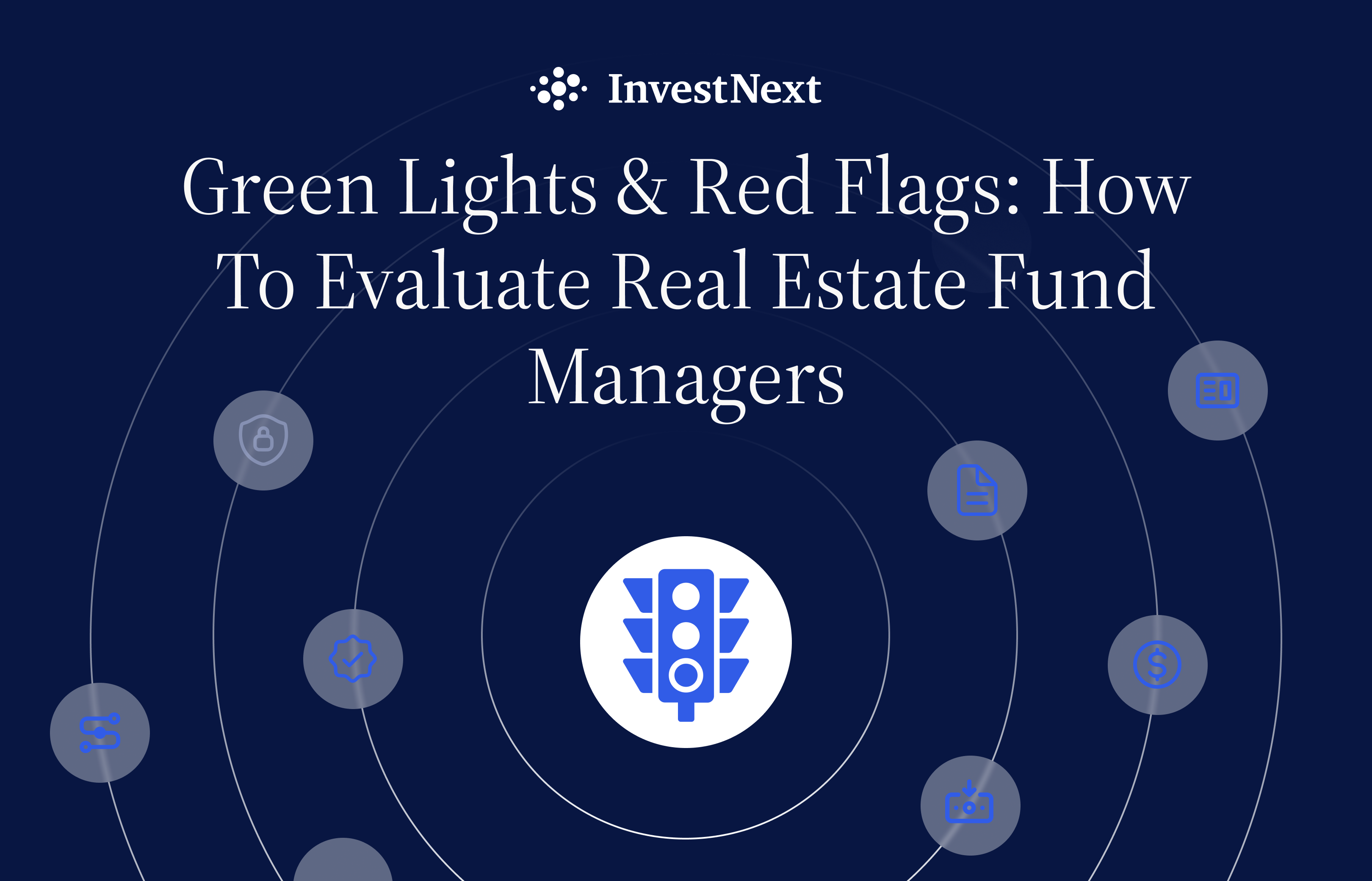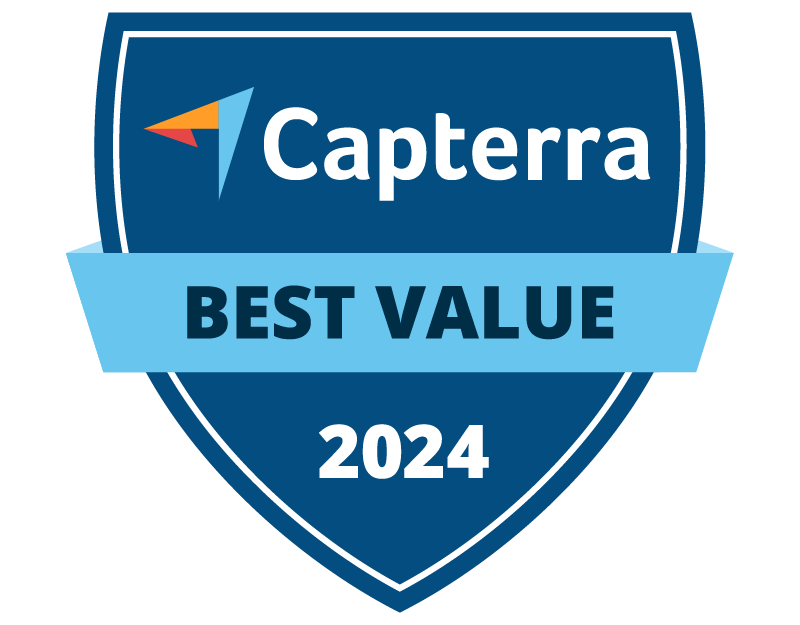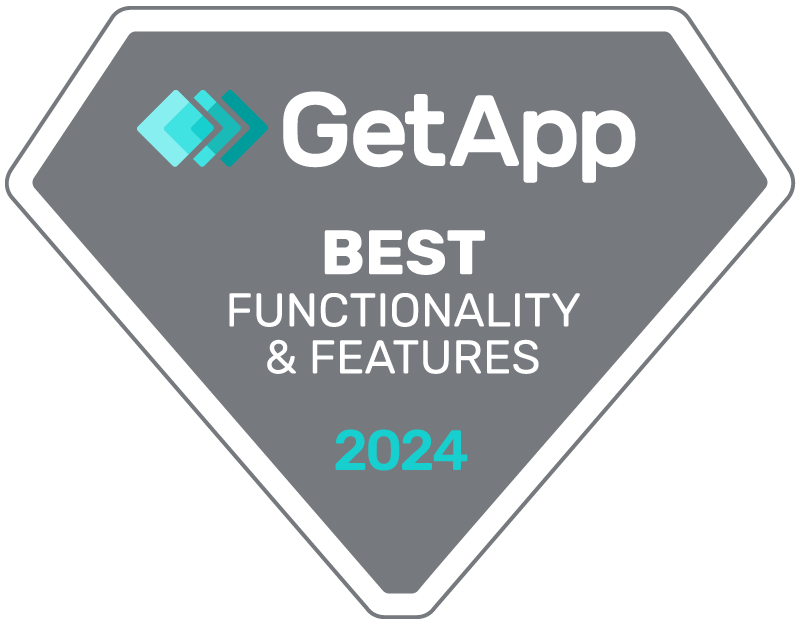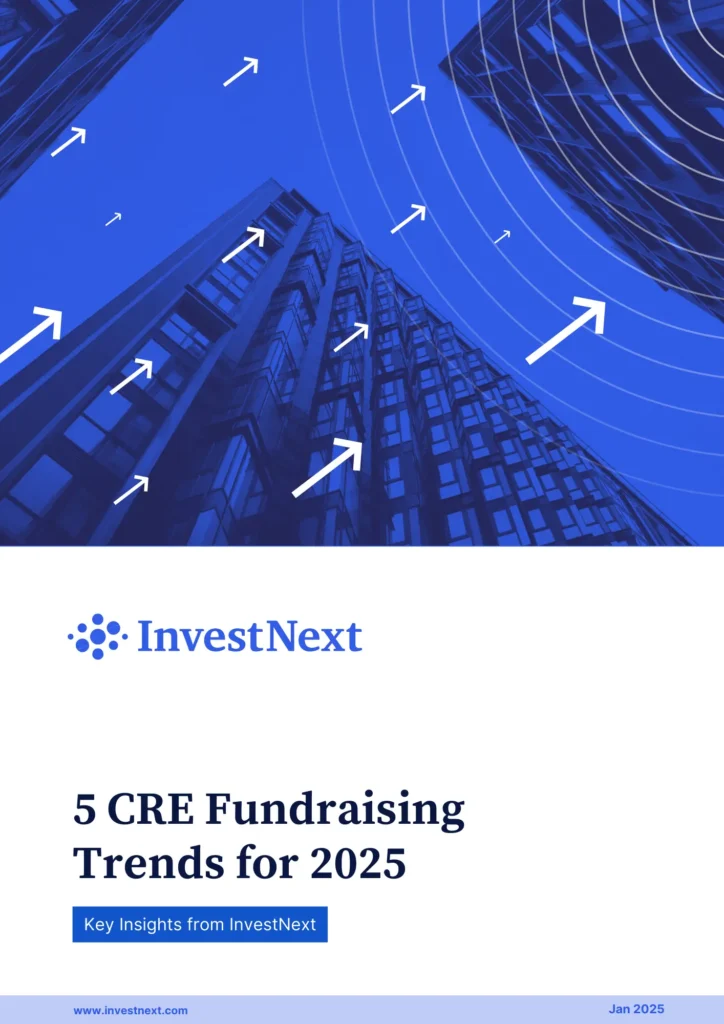The commercial real estate market in 2025 shows mixed signals. According to the Burns + CRE Daily Fear and Greed Index, we’re sitting at 56 out of 100 – just slightly into expansion territory. For limited partners (LPs) looking to put money to work, this suggests cautious optimism but requires serious vetting of potential investment partners.
At InvestNext, we’ve watched billions flow through our platform, connecting more than 70,000 LPs with real estate opportunities. This front-row seat has shown us what separates successful investments from disappointing ones.
While most LPs focus predominantly on returns and cap rates, we’ve found that asking deeper questions about operations, technology, and compliance offers far better protection for your capital. Here are five questions you need to ask before writing that check.
1. What’s Your Performance Record Through Different Market Cycles?
Real estate runs in cycles. The 2022-2023 rate hikes created a real-time stress test for fund managers. According to Burns + CRE Daily data, 32% of investors now see an upward revaluation of assets compared to last year – a big jump from the last few years.
Ask directly:
- “Show me your deal-by-deal results, including ones that missed projections.”
- “What specific steps did you take when rates jumped in 2022?”
- “How did your actual returns compare to your projections?”
- “When market conditions changed, what adjustments did you make?”
Good managers keep detailed records and will walk you through their history without cherry-picking only winners. They can explain exactly what moves they made when things got tough.
Jack Martin of 52TEN, who grew from 20 to over 200 investors, says, “When I did it all myself, we only had 20 investors. Now we have over 200.”
Red flags to watch:
- Dodging questions about underperforming investments
- Vague answers about actions taken during market shifts
- Fuzzy numbers on historical returns
- Only discussing successful deals, never the problematic ones
2. What Systems Run Your Back Office?
The operational infrastructure behind your investment directly affects whether your distributions are accurate, your tax documents arrive on time, and your information remains protected.
Ask directly:
- “How exactly do you calculate distributions to investors?”
- “What’s your process for tax document preparation and delivery?”
- “How do you keep my financial information protected?”
- “Can I access my investment details whenever I want, or do I have to request them?”
Here’s the reality: spreadsheets break, manual calculations create mistakes, and email isn’t a secure way to handle sensitive documents. As funds grow, these problems multiply.
Jack Martin, Co-Founder of 52TEN, explains the practical impact: “That freedom of time allows me to be more attentive to our LPs. The benefit to [my investors] is better data, better timing, and better sleep.”
Look for:
- Dedicated software that handles distribution calculations
- Investor portals for self-service document access
- Secure systems for handling financial transactions
- Regular security maintenance and updates
Smart managers view technology as investor protection, not merely an operational expense.
3. How Do You Handle Compliance?
With the FinCEN deadline coming in December 2025 and increasing regulatory scrutiny on real estate, a manager’s compliance approach reveals much about their overall operation.
Ask directly:
- “What verification process do you use for investors?”
- “How do you manage and verify accreditation status?”
- “What are you doing to prepare for the 2025 FinCEN requirements?”
- “How do you stay current on regulatory changes?”
Forward-looking managers aren’t waiting for deadlines – they’re already upgrading their verification systems and documentation practices.
Casey Klauser at Cedar Creek Capital explains: “Gathering accreditation documents manually took 2-3 weeks. I’m sure we lost investors because of the time it took. The faster they can go through, the better.”
With over $4.6 billion lost to investment fraud in 2023 according to the FTC, proper compliance isn’t just paperwork – it protects your money and keeps deals moving forward.
What good compliance looks like:
- Efficient verification with high first-pass success
- Systems to monitor when accreditations expire
- Documentation of investor interactions
- Ongoing compliance education for the team
- Smart compliance approaches that don’t create unnecessary barriers
If a manager is still handling compliance manually, they’re not ready for the regulatory landscape of 2025 and beyond.
4. How Do You Communicate When Problems Arise?
How a manager handles bad news tells you everything about their character. Past behavior when things went wrong predicts how they’ll treat you when (not if) problems occur.
Ask directly:
- “What regular updates do investors receive?”
- “How quickly do you typically notify investors when issues come up?”
- “Give me an example of when a property underperformed and how you communicated with investors.”
- “Who will I be able to reach if I have questions or concerns?”
According to Burns + CRE Daily data, 64% of commercial real estate investors are currently holding their positions due to market uncertainty. Your manager should clearly explain how they’re navigating this environment.
Watch for:
- Inconsistent reporting schedules
- Slow notification when problems emerge
- Defensive responses to questions about past mistakes
- Limited access to decision-makers
Good managers use technology to keep information flowing. Modern platforms give you direct access to your investment data and documents without waiting for email updates.
5. Are Your Interests Actually Aligned With Mine?
How your partnership is structured fundamentally shapes who benefits under different scenarios. Understanding exactly how your interests align with your GP is essential.
Ask directly:
- “What’s your personal investment in this deal alongside LPs?”
- “How does your fee structure reward performance?”
- “What happens if returns fall short of projections?”
- “How do you incorporate investor feedback into your decisions?”
Andrew Sinclair, who runs Midloch Investment Partners, puts it directly in his Forbes Business Council piece: “A sponsor should always have skin in the game. Make sure the ‘house’ is invested alongside you in any deal or fund.”
Beyond the GP’s personal investment, examine how the fee structure creates the right incentives. Preferred returns ensure you get paid first, and look-back provisions allow for adjustments if performance misses targets.
Good alignment includes:
- Significant GP capital in the deal (typically 5%+ of equity)
- Fees tied to actual returns, not just asset gathering
- Preferred returns before GP profit participation
- Clear reporting on all fee calculations
Our analysis shows that funds with proper alignment consistently deliver better results over full market cycles, with the biggest difference occurring during market corrections.
Final Thoughts: Smart Due Diligence Protects Your Money
In today’s commercial real estate market, a thorough evaluation of potential partners matters as much as the real estate itself. These five questions help you look past marketing materials to understand how a fund actually operates.
By examining track record, technology, compliance, communication, and alignment, you’ll spot the difference between institutional-quality managers and those just talking a good game.
Remember: how a fund runs its operations often reveals more about future performance than any projection. The best LPs know that operational excellence provides real protection for your investment.
Want to see how technology improves visibility and protection for real estate investors? Book a demo to learn how InvestNext helps investment managers deliver institutional-quality operations.
Frequently Asked Questions
Beyond returns, what should I check when evaluating a fund manager?
Focus on their operational backbone: investor relations systems, technology infrastructure, compliance practices, communication during problems, and whether their interests truly align with yours through co-investment and sensible fee structures.
How do I verify a track record is legitimate?
Request a complete deal history including underperformers. Talk to current investors about their experience, particularly during difficult periods like 2022-2023. Compare actual returns to projections across multiple deals to identify patterns.
What’s changing with real estate compliance in 2025?
FinCEN’s December 2025 rule expands reporting requirements for real estate transactions, including more thorough beneficial ownership checks, stricter verification standards, and better documentation. Forward-thinking managers are already preparing their systems.
Why does a fund’s technology matter to me as an LP?
The technology directly affects whether your distributions are calculated correctly, your tax documents arrive on time, your information stays protected, and you can access your investment details easily. Manual processes create errors and security risks that can directly impact your returns.
What creates good alignment between GPs and LPs?
The GP should have meaningful capital invested alongside yours (typically 5%+ of equity). Look for performance fees based on actual results not projections, preferred returns for LPs before the GP gets paid, and clear reporting on all fees and calculations.
How often should my manager communicate with me?
Expect quarterly reports at minimum, prompt updates about significant changes or problems, and easy access to someone who can answer your questions. Good managers maintain consistent communication even when sharing disappointing news.
How can I tell if a manager will handle market downturns well?
Examine what they actually did during previous difficult periods like 2008-2009 or 2022-2023. Ask what specific actions they took to protect investor capital during these times and how their properties performed compared to market benchmarks.
